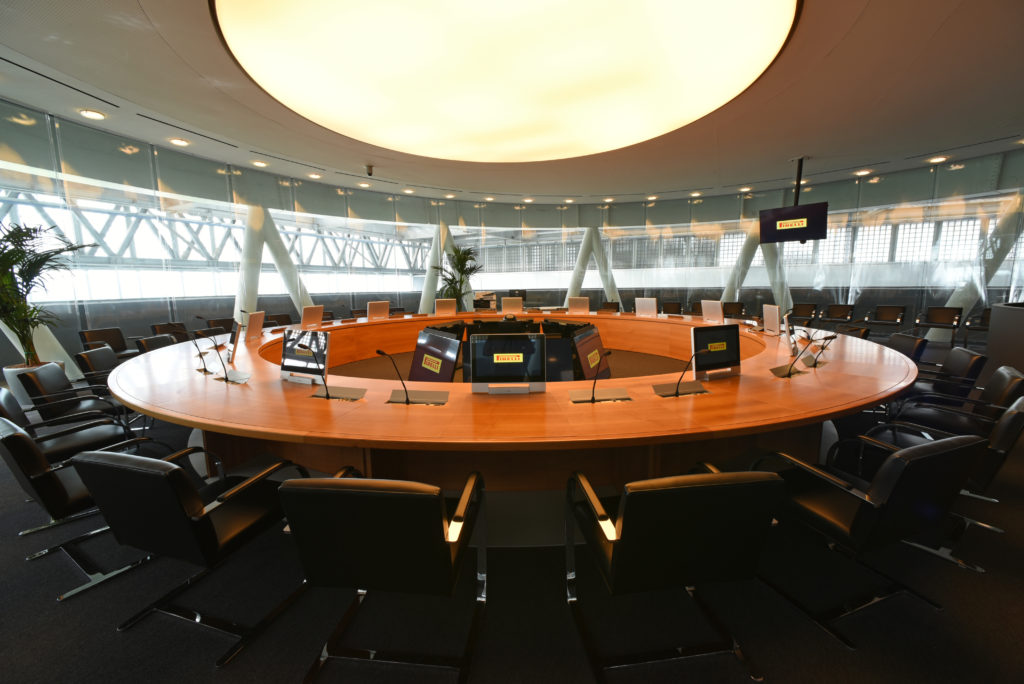In the first half of 2020, the tire sector was strongly affected by the Covid-19 pandemic, which had a significantly negative impact on the economic conditions globally and saw a decrease in consumption and production.
The demand for car tires in the first half of the year declined by 28%, and was more marked in the second quarter (-36%) due to the spread of the pandemic. The experience gained in China, where production and commercial activities have returned to some form of normality in recent months, enabled Pirelli to respond promptly to the change of in the situation on a global level, and define an action plan.
This plan, previously outlined to the financial community and of which the first benefits were already visible in the first half of the year, envisages a series of actions intended to:
- Guarantee the health and safety of its employees by adopting all the necessary prevention measures;
• Protect profitability and cash flow generation through cost containment and remodeling of investment programs;
• Reinforce the financial structure. The signing of a new ‘sustainable’ banking line for €800m (US$945m) [over five years] and, in general, the optimization of the financial structure by extending the maturities on debt is included as part of this operation; and
• Launch the recovery through the gradual reopening of the plants; collaborate with the sales network (for example in the adoption of health standards and in the digitization of services); and simplify its product range with greater focus on speciality products and ≥19in rim products.
Pirelli’s results in the first half of 2020 can be summarized as follows:
- Revenues of €1,816.4m, declining by 31.6% compared with the first half of 2019 (-28.5% the organic variation) due to the aforementioned decrease in demand. The high value revenues were 70.8% of the total (+3.5 percentage points compared to 67.3% in the first half of 2019);
- Profitability (adjusted Ebit) was positive at €66.7m (€440.5m in the first half of 2019). This figure reflects the negativity of the second quarter (Adjusted Ebit -€74.4m) due to the sharp drop in demand and the impact of the slowdown;
- Total net result of €-101.7m, with a second quarter negative for €140.2m. The adjusted net result (excluding non-recurring and restructuring charges and others, direct costs related to Covid-19 and the amortization of intangible assets included in the PPA) was equal to -€13.4m;
- Net cash flow of -€757.5m compared to -€817.4m in the first half of 2019 (-€640.5 excluding the dividends distributed in 2019). Lower investments (CapEx and financial investments in equity investments) and improvement in the management of net working capital mitigated the impact of the decreased operating performance. The cash absorption in the second quarter of the year was substantially zero (-€4m), mainly related to the significant reduction of inventories;
- The net financial position at June 30, 2020 was negative by €4,264.7m euro (-€3,507.2 in December 2019, substantially unchanged compared to €4,261.0m on March 31, 2020);
- Liquidity margin of €2,174.1m, with maturities on debt guaranteed for approximately three years, also thanks to the right of the company to extend the bank debt with due date 2021 (for €253m euro) and 2022 (for €1,747m), to 2022 and 2024 respectively.



